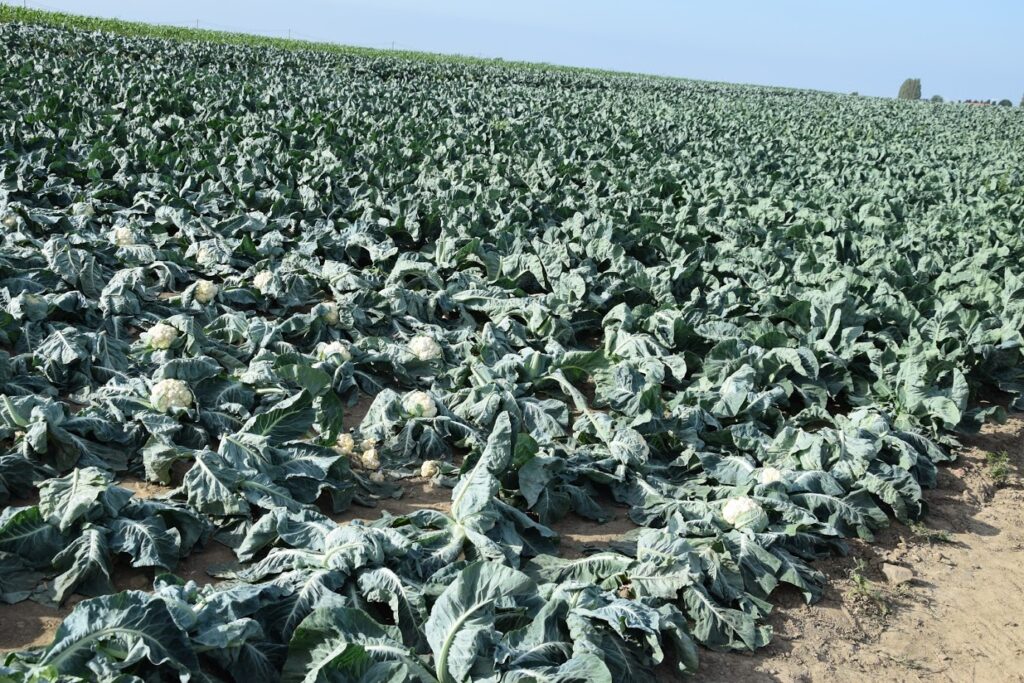Food prices in Europe and Belgium have seen a stark increase as a result of severe inflation, but now they are also being pushed up further due to the extreme heat that is hitting the continent. Farmers see their harvests getting smaller and the quality of produce reducing due to persistent drought.
Certain crops are burned by the sun while others, such as cauliflowers and carrots, lack the amount of moisture needed to fulfill their growth. West Flanders is facing the most drought, but similar issues are worrying farmers across the whole of Belgium, De Morgen reports.
Extremely dry weather
July 2022 was the driest month in Belgium since 1885, standing at only 5 millimetres of rain. The heatwaves and extreme weather events are having an effect on the food supply, as farmers’ union Boerenbond reports that the harvests of onions, maize, beets and potatoes are smaller than expected.
Danny Metsu, farmer and chairman of the General Farmers Syndicate, confirms that farmers are dealing with serious issues. Metsu said that 70 to 80% of the bean crops in the region will be lost as a result of the drought, while a loss of some 20% is expected for sprouts.
Related News
- Over 60% of EU impacted by drought as extremely dry conditions continue
- 'Important implications:' Desert phenomena increasingly occurring in wet areas
- Low Rhine levels risk leaving German waterways unnavigable
The kohlrabi crops have failed almost entirely. “The species with the lowest number of growing days are massively affected,” Metsu said. “We’re just watching it happen.”
Europe-wide struggle
Farmers across the continent are also being badly affected, as Italy experienced its driest spring in 70 years and experienced estimated damage of €1 billion, according to the local farmers’ union. Spain expects to produce one-third fewer olives and this year the Netherlands saw their onion harvest halved.
The international struggle means it is not easy for Belgium to compensate for failed harvests by importing more.
“We can expect food prices to rise further,” said agricultural and food economist Xavier Gellynck, though it is difficult to determine the exact consequences as many farmers have long-term contracts with supermarkets and processors, meaning they cannot negotiate rates until next year.

